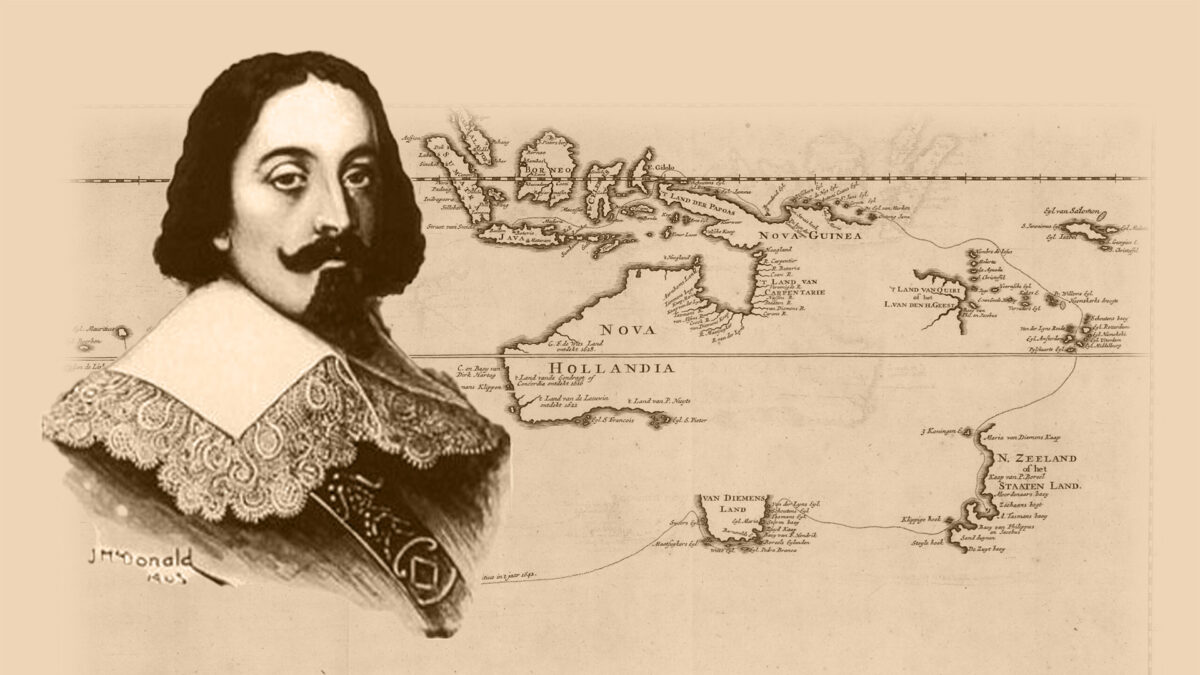Reflections on ‘Australia Day’
Australian Society and Politics | 26th January 2024
I am working today, as I have done every 26th January since 1994, when then Victorian Premier Jeff Kennett (I was living in Melbourne at the time) ordained that the ‘Australia Day’ holiday would be observed on the 26th January, rather than on the Monday nearest to that date, as it had previously been for many years.
I’d long had reservations about the 26th January as Australia’s “national day”, even before then.
Not, initially, because of the views of Australia’s First Peoples about the appropriateness of that date. Those views weren’t widely expressed in the 1980s, when I first started thinking about it. I do profoundly sympathize with their perspective which they have increasingly forcefully put since the ‘bicentennial’ of the first European settlement in Australia, in 1988. For Australia’s First Peoples, the 26th January marks the beginning of their dispossession of the lands which they had inhabited, and cared for, for some 60,000 years. I don’t find it at all difficult to understand why they are asking other Australians to think about finding some other day on which to celebrate our nation.

But even before I began, in the late 1990s, to understand their perspective, I had found it difficult to see why all Australians should celebrate the founding of Sydney – which is what the date represents to the vast majority of Australians who do regard 26th January as our ‘national day’ – as being somehow symbolic of Australia as a nation.
Most nations which do have ‘national days’ choose a day which, to their citizens, in some way symbolizes the beginning of their existence as an independent nation, or the foundation of their current system of government – not, as with the 26th January, the beginning of their existence as a colony of some other nation.
Thus, the 4th July commemorates something that Americans regard as symbolizing the beginning of their struggle for independence from Britain – the signing of the Declaration of Independence. Not the anniversary of the foundation of New York (or Boston).
The 14th July commemorates the storming of the Bastille – an event the French regard as symbolizing the birth of the French republic. Not the anniversary of when the first Gauls turned up on the banks of the Seine and said to themselves, “c’est une grande place pour une ville”.
For Indonesians, the 17th August (‘Merdeka Day’) commemorates the day in 1945 when Sukarno declared Indonesia’s independence from the Dutch. Not the anniversary of the foundation of Batavia (now Jakarta) by the Dutch East India Company (which would be a very close analogy to the basis for our ‘Australia Day’). The 31st August plays a very similar role in Malaysia.
For Germans, the 3rd October commemorates the re-unification of their country after the end of the Cold War. It’s not the anniversary of the foundation of Berlin.
For Indians, the 26th January commemorates the day on which India became a republic. Not the foundation of Delhi, New Delhi or Mumbai.
It’s a pity, perhaps, that Australia’s “Founding Fathers” (Barton, Deakin, Reid, Inglis Clark and others) began Australia’s journey as an independent nation on a day that was already a public holiday – 1st January (1901). But they did. That’s the day we should be commemorating as “Australia Day”, in my opinion, in the absence of any better suggestions.
Perhaps if we ever do become a republic, like India, we can use the date on which we do as our ‘National Day’. Hopefully it will be in the middle of the year – maybe 1st July – because if we do become a republic we will of course have to abandon the (now) King’s Birthday holiday.
To me, the celebration of the anniversay of the founding of Sydney as our ‘national day’ serves to re-inforce the Sydney-centric way in which Australia’s post-European contact history is told.
Hence we learned in school that Captain James Cook “discovered” Australia – even though he wasn’t even the first Englishman to set foot on these shores (that was William Dampier, in 1690), let alone the first European. And although Cook was undoubtedly a great navigator and leader of men, he found his way to the site of present-day Sydney Airport using maps that had been drawn up, 128 years earlier, by Abel Tasman (the European “discoverer” of Tasmania – or Van Diemen’s Land, as he called it – and New Zealand).
Australia’s post-1788 history is usually recounted as a story of white men faning out from Sydney to establish settlements in other parts of Australia – even though Melbourne was founded by Tasmanians, and Adelaide was founded independently from London.
The Sydney-based Australian Broadcasting Corporation’s coverage of New Year’s Eve celebrations is always disproportionately focussed on what’s happening in Sydney, as opposed to other parts of Australia. Yes the Harbour Bridge and the Opera House are magnificent sights, on New Year’s Eve and throughout the rest of the year. But people do celebrate New Year’s Eve in other places as well.
Those who disagree with me – and I am fully conscious that there will be a lot of them, almost certainly more than there are who agree with me – please don’t get me wrong – I love this country as much as you do, and I’m as proud to be an Australian as you are. But I don’t see why I need to take the anniversary of the founding of Sydney as a day off in order to prove it.